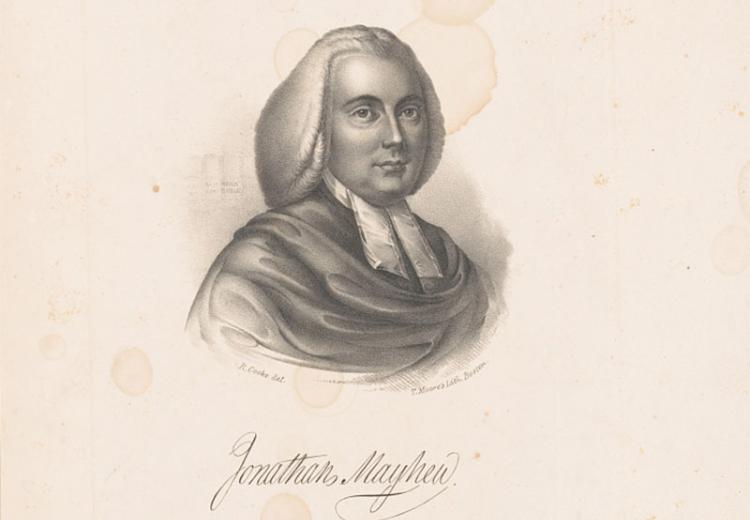Lesson 2: Religion and the Argument for American Independence

Pastor Jonathan Mayhew of Boston delivered a sermon in 1750 in which he argued that resisting a tyrant was a “glorious” Christian duty.
In 1775 the English political philosopher and pro-American Member of Parliament Edmund Burke said, "The religion most prevalent in our northern colonies is a refinement of the principle of resistance: it is the dissidence of dissent, and the Protestantism of the Protestant religion." American Protestants had fled religious and political oppression in the seventeenth century. In the 1760s and 1770s, they called upon that tradition of dissent to cry out against what they considered to be British tyranny. Using primary documents, this lesson aims to introduce students to how the American revolutionaries employed religion in their arguments for independence.
Guiding Questions
How did religion affect arguments justifying American independence?
Learning Objectives
Analyze Jonathan Mayhew's "A Discourse concerning Unlimited Submission and Non-Resistance to the Higher Powers" and discuss how this sermon served to support the revolution.
Explain how Thomas Paine's Common Sense argues that the Bible does not support monarchy.
Identify the references to a higher power in the Declaration of Independence and discuss why they might have been included.
